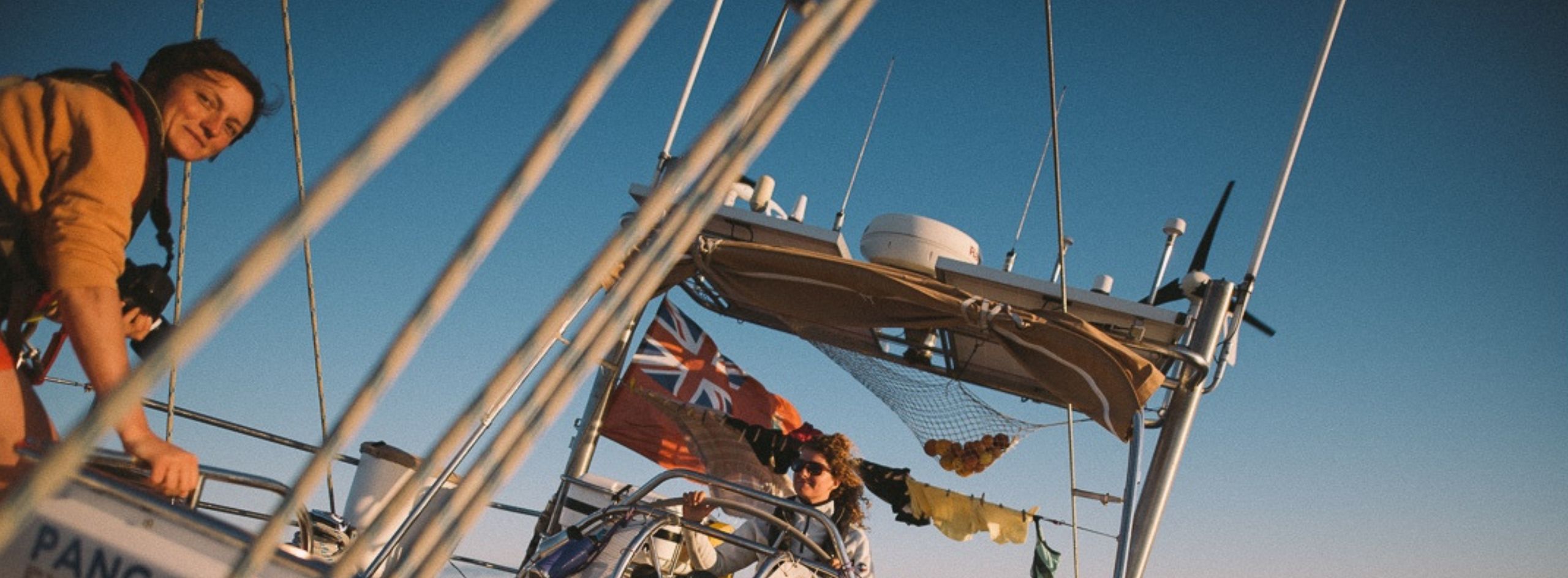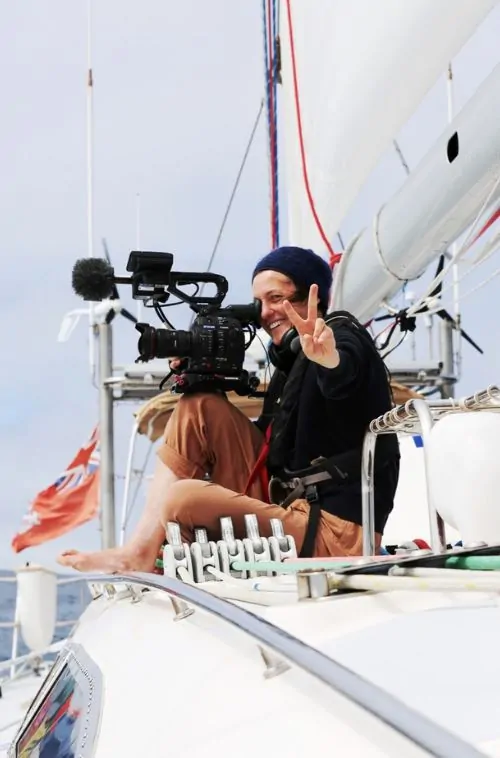On the Front Lines of Ocean Health: An Interview with X Trillion Director Eleanor Church
This World Ocean Day, we delve into the critical issue of ocean plastic pollution with Eleanor Church, the director of the compelling documentary, X Trillion. Her film, which explores the monumental challenge of plastic pollution threatening our planet’s future, offers a unique and deeply human perspective on an environmental crisis that demands our attention and action.
In this interview, Eleanor discusses the origins of X Trillion, the voyage across the North Pacific with eXXpedition. She shares insights into how the vision for the film evolved, emphasising the powerful connections formed during the expedition and our collective ability to find solutions. Join us as we explore the film’s core message, the story behind its evocative title, and the profound experiences that shaped this important documentary.
X Trillion is now available to stream online. For more information and to watch the acclaimed documentary: https://www.xtrillionfilm.com/watch-x-trillion
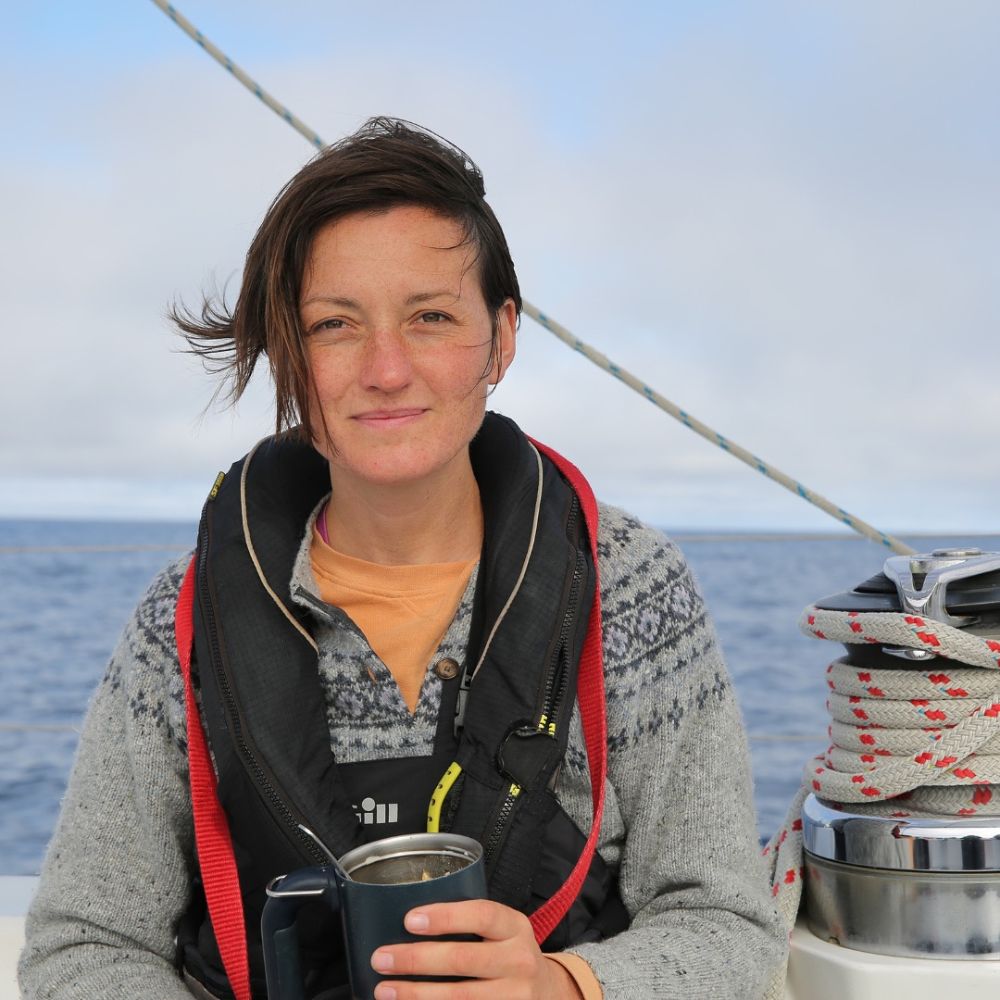
1. What was the initial spark that ignited the idea for X Trillion, and how did that vision evolve throughout the planning/filmmaking process?
I had the idea for X Trillion because, in 2018, I heard that eXXpedition were looking for a filmmaker to be part of the all-women crew of an expedition across the North Pacific. I applied, went through the interview process and was selected. I started working with Verity Wislocki, X Trillion’s brilliant producer, and we went about working how best we could make this film.
I knew right from the beginning that the whole film needed to take place on the boat – starting as we set off from Hawaii and ending when we arrived in Vancouver – because I wanted the audience to feel like they were coming on this life-changing voyage with us and, as far as possible, experience what we experienced.
I’ve been making films about the environment and people for the last 20 years. Often, it’s hard to really bring the human connection into environmental campaigning but this felt like an amazing opportunity to tell a story that could make people feel differently about an issue they think they might have had enough of hearing about – plastic.
For a long time now, Emily Penn, through eXXpedition, has been talking about the impact of plastics and the chemicals associated with plastic not only the natural environment, but also on us – and especially women. She has taken multi-disciplinary all-women crews to sea multiple times to see firsthand what the real issue ocean plastics are – but also to understand how they can apply their practice on land to create solutions. On our expedition we were scientists, designers, an engineer, an agronomist, a teacher, a circular economy expert and more, all with our own skillsets and understanding of where solutions may lie.
That very much is the story of X Trillion. You feel the human connection between the crew members, practically strangers before getting on the boat, and what it means to go through such a challenging experience as crossing a wild ocean and witnessing the problem close up in all its enormity. But then you feel how powerful it can be when you work together and talk through things, and you have cross-disciplinary approaches to problem solving. This can be applied to plastics and plastic pollution, but also to so many of the other challenges that we face as a as a human race on this planet.
2. What, in your opinion, is the single most urgent message about ocean health that X Trillion aims to deliver?
I’d say that the single most urgent message about ocean health that X Trillion aims to deliver is that we are absolutely able, as human beings, to create solutions to the problems that we’ve caused to the natural environment and to ourselves. A lot of that comes from reducing the amount that we consume – and that doesn’t necessarily have to feel like a hardship – but also using different materials, being less wasteful… Humans are such brilliant innovators; we’ve managed to create brilliant things that have changed our lives in ways that our ancestors could never imagine. And for that same reason, we are all also able to change how we live with plastic, how we use it and how we deal with it, how we reduce the amount that we use, how we reuse it or dispose of it.
And I think the main message is that we can find the answers, but we need to work together across disciplines, across practices, across people’s skillsets and beliefs to achieve them.
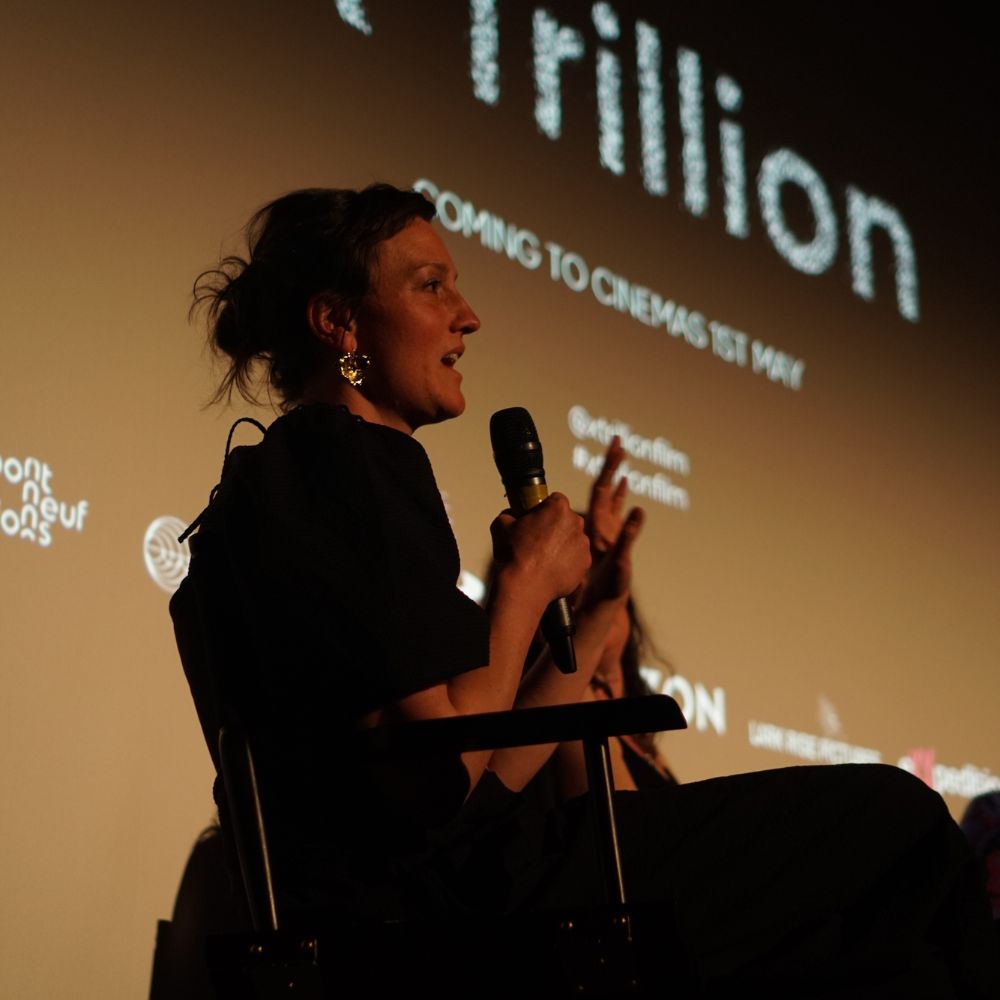
3. Can you elaborate on the meaning behind the title X Trillion and the message you hope it conveys to the viewers of the doc?
For a long time, X Trillion was a working title and we didn’t expect to use it as the final one, but it stuck. X Trillion refers to the fact that there are trillions and trillions of pieces of microplastic in the natural environment. That number is growing by the day.
For me, it also conjures up the image of us being in the middle of the ocean at nighttime on the boat looking up at an infinite number of stars and then looking down at the moonlit ocean, knowing that it was dense with microplastics. Some say that there are as many pieces of microplastics in the natural environment as there are stars in the sky. It’s a nod to that.
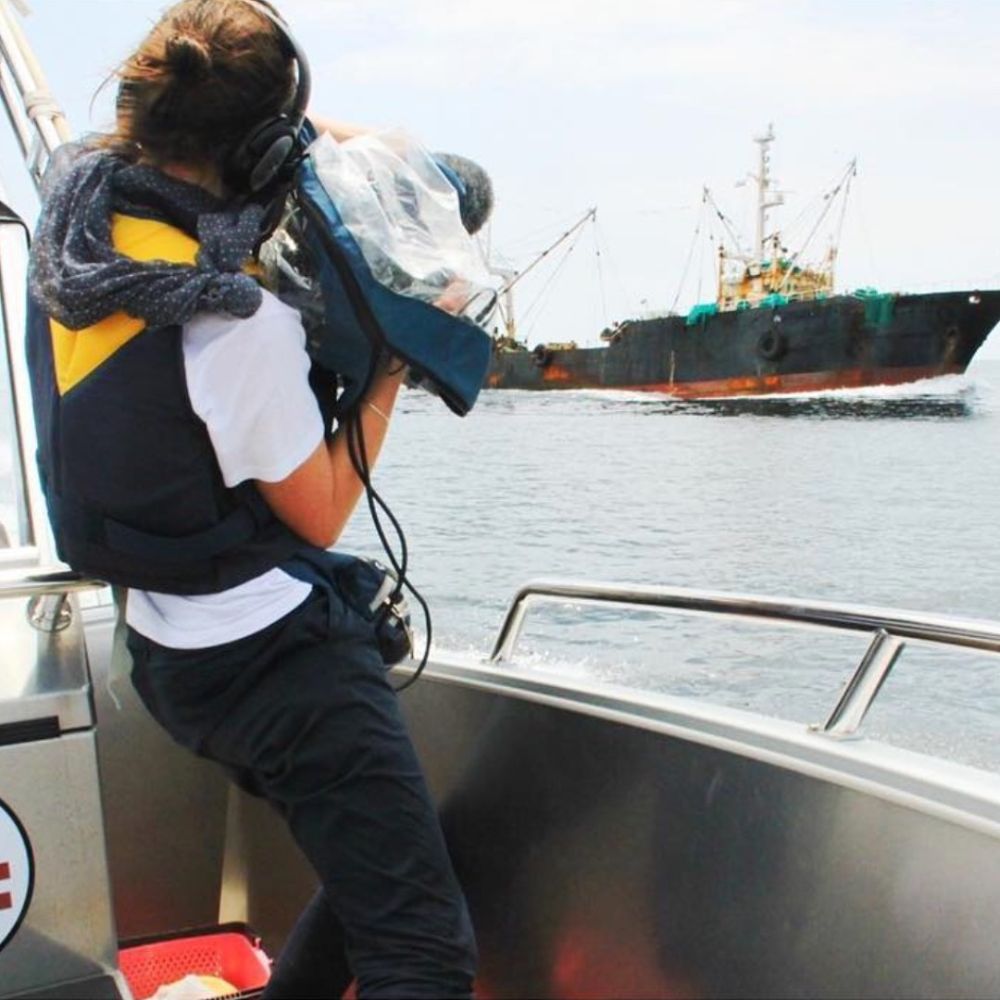
4. Can you share a particularly impactful moment or discovery from your filming journey that profoundly affected you or the direction of the documentary?
All of us onboard spent a long time preparing, planning, fundraising for the expedition, building up to it. I thought that I had a good understanding of the problem of plastic pollution and what it meant. I had a good idea of what the arc of the film would be. What felt really impactful though was the connections between the crew as we went through this experience together. It was much more special, much stronger than anything I’d imagined it would be.
5. In the context of World Ocean Day, how do you plan to leverage the film to encourage tangible change, whether through policy, individual behaviours, or community engagement?
I think on an individual level, so many people have changed their behaviours or have been more aware of what they use and how they use it. There’s so much awareness now on a community level, so much has happened. But the reality is that sometimes it feels like there’s only so much that you can do as an individual or as a small group of people.
My one message to world leaders and policymakers is that we need better legislation, we need structural change to enable people to make changes themselves. We need an international treaty that binds countries to an agreement which means that as a global community, we are addressing this issue. This is a transnational issue and people around the world have shown that they need and want change. I have reached the point where I believe that without legislation and international co-operation, the road will be too long and far too slow. We need team work now!






